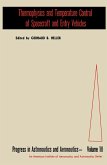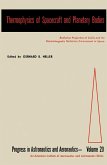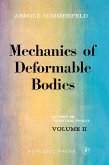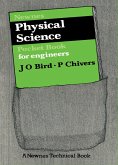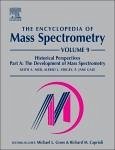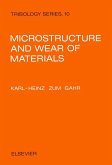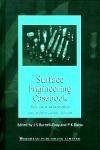This volume is divided into three parts. The first part covers some aspects of thermal processes and design, including thermal analysis, convection, radiation, ablation, and space rocket effects. The second part surveys the remote measurements of the thermophysical and thermal radiation properties and joint conductance, which are critical criteria for space thermal design. The third part focuses on the space environmental effects on thermal coatings. This part deals first with the theory of radiative degradation, followed by a presentation of the laboratory measurements. This part also looks into the results of several flight experiments.
This book will be of great value to thermophysicists, space engineers, and designers who are working in the space science fields.
Dieser Download kann aus rechtlichen Gründen nur mit Rechnungsadresse in A, B, BG, CY, CZ, D, DK, EW, E, FIN, F, GR, HR, H, IRL, I, LT, L, LR, M, NL, PL, P, R, S, SLO, SK ausgeliefert werden.



